I’m going to do something that I would never otherwise willingly do, and that is to plagiarize someone else’s work. But the article written by Josh Glancy in this weekend’s The Weekend Australian’s Inquirer is too good and on point to not make you aware of it. Josh’s article is based on an interview with Greg Lukianoff and Jonthan Haidt, who wrote “The Coddling of the American mind”. At iNform we have just instituted a No Snowflake Policy so this article resonates so strongly that I’m just going to pass on my summary of his words.
As a society we are starting to employ iGens, the generation made up of those born after 1995. they entered University around 2013, and the workforce as we speak. Now, of course this does not apply to every person, or perhaps even a majority of people, born in this period. But many factors in the last couple of decades have led to a coddled and over protected generation with a tendency for low resilience and ‘catastrophising’ what are otherwise bad and unwelcome events into disastrous ones.
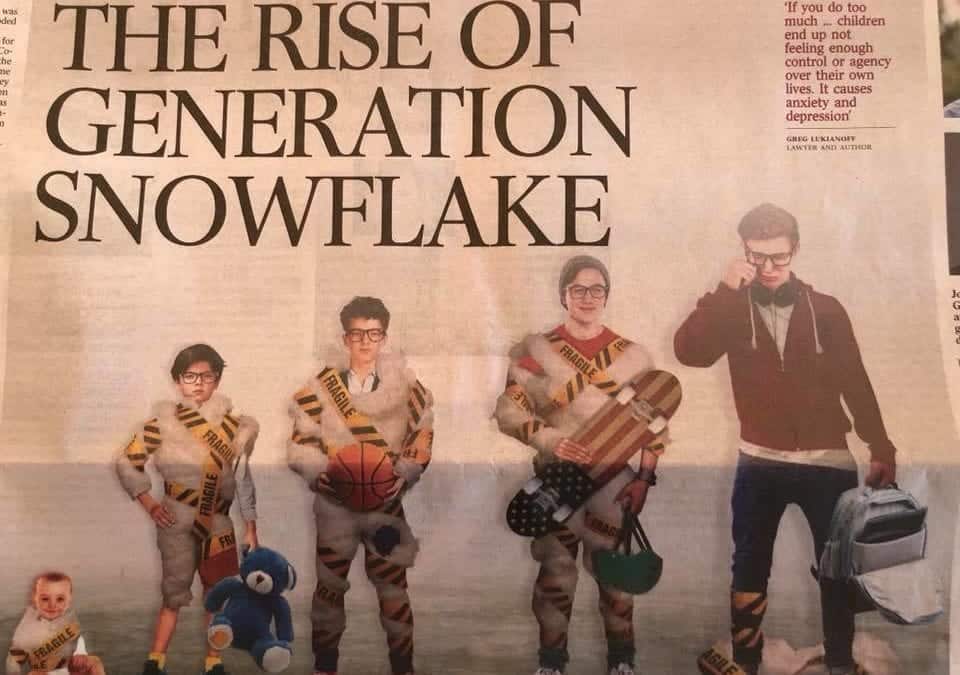
Creating iNform’s No Snowflake Policy
What led the team at iNform to create the ‘No Snowflake Policy’ were a small number of members of this generation who came in with a tendency to think in binary terms; their arguments driven by emotions, by how things make them feel, rather than pointing to facts or rationality; and with little capacity to think beyond themselves and their circumstances and idealistic desires. We see the iNform ‘business’ as an elite athlete, a body at peak capacity; where every part of it is incredibly important, but only effective if it works as a part of the greater whole. Needless to say, snowflakes would not be a productive part of this organism!
As highlighted by Lukianoff and Haidt, this is not a political or ideological problem, but one of mental health; primarily due to over-protective parenting that fails to equip children to deal with confusion, adversity, and risk. And why? Maybe because increases in safety and technology are making our lives so comfortable that we now recoil from comfort! “safety has now taken on an almost religious quality” with the downside being children not feeling enough control over their lives.
We grow and develop as a consequence to adaptations to exposure. So with restricted exposure to risk and danger; fear or freedom; injury or adversity; these ‘young adults” first exposure to risk, adversity or pain is likely to be overly traumatic. The consequences to this can be severe, including anxiety, depression and even suicide (with rates for all these climbing over the last decade).
An over emphasis on academic achievement has also led to a decrease in ‘free play’ in children, which is when they get to learn the basic principles of team-work, compromise and conflict resolution… all in the sandpit or playground. For an example of how this is being tackled by Australian school’s, read the recent ABC article on the ‘Anti-cottonwool Schools‘.
Concerningly, we are also starting to see the outcomes of the snowflake effect in young adult’s capacity to deal with their first significant injury. As they have not had a chance to experience their body’s amazing capacity to heal and recuperate, this first sign of ‘something wrong’ is often catastrophised disproportionately. Luckily we have the skill set in-house and with our network of health professionals to get these clients back on track!
Would you like to re-assess your health behaviours and identify what you need to work toward over the coming year?
Our scorecard is a quick and simple questionnaire to help you do this.
Take The Scorecard Here
It’s free and only takes 7 minutes





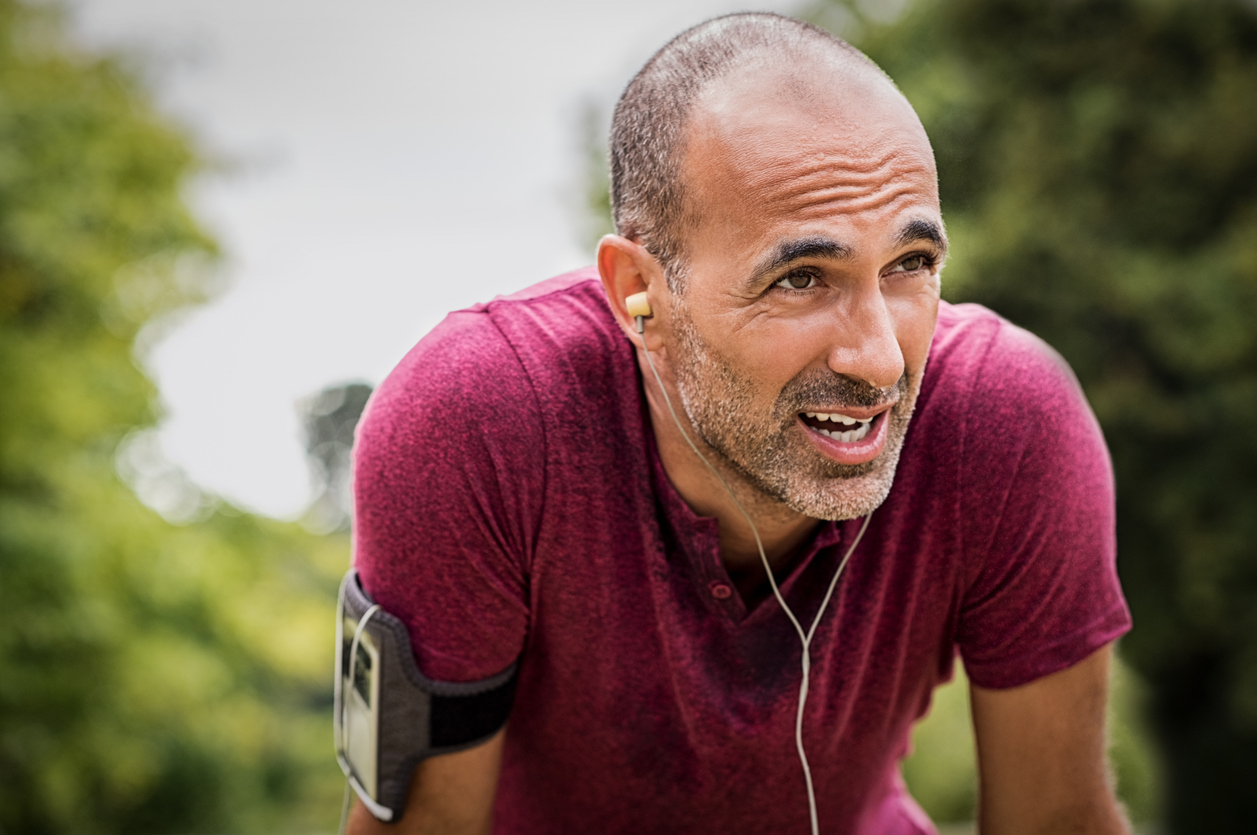
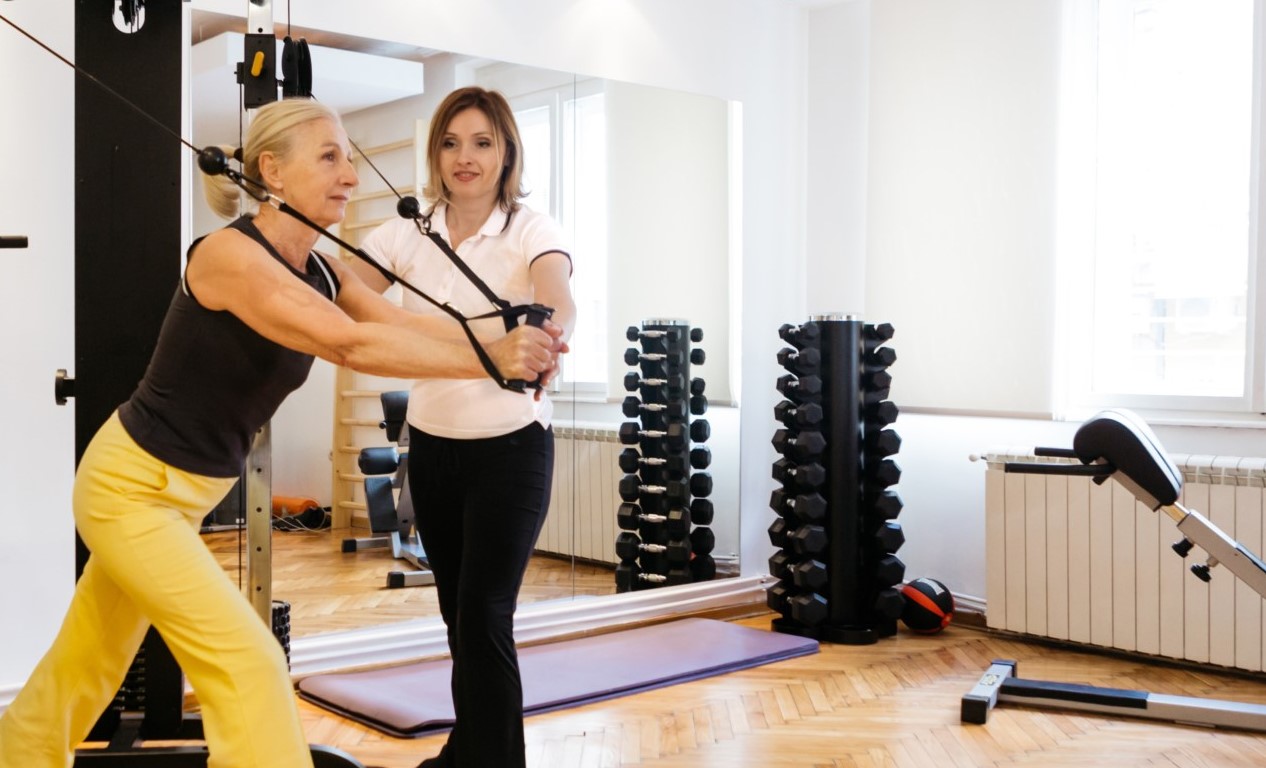
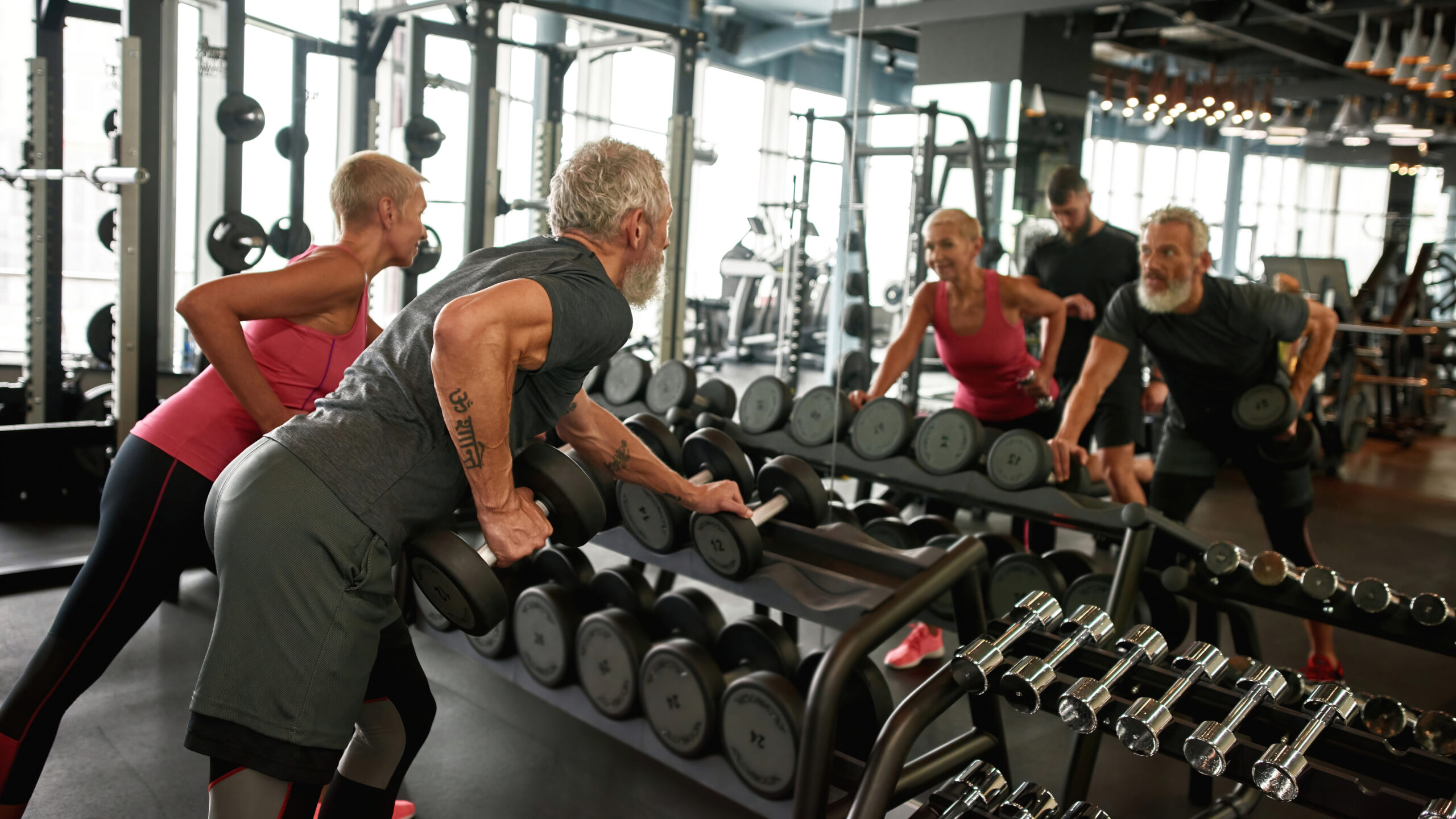


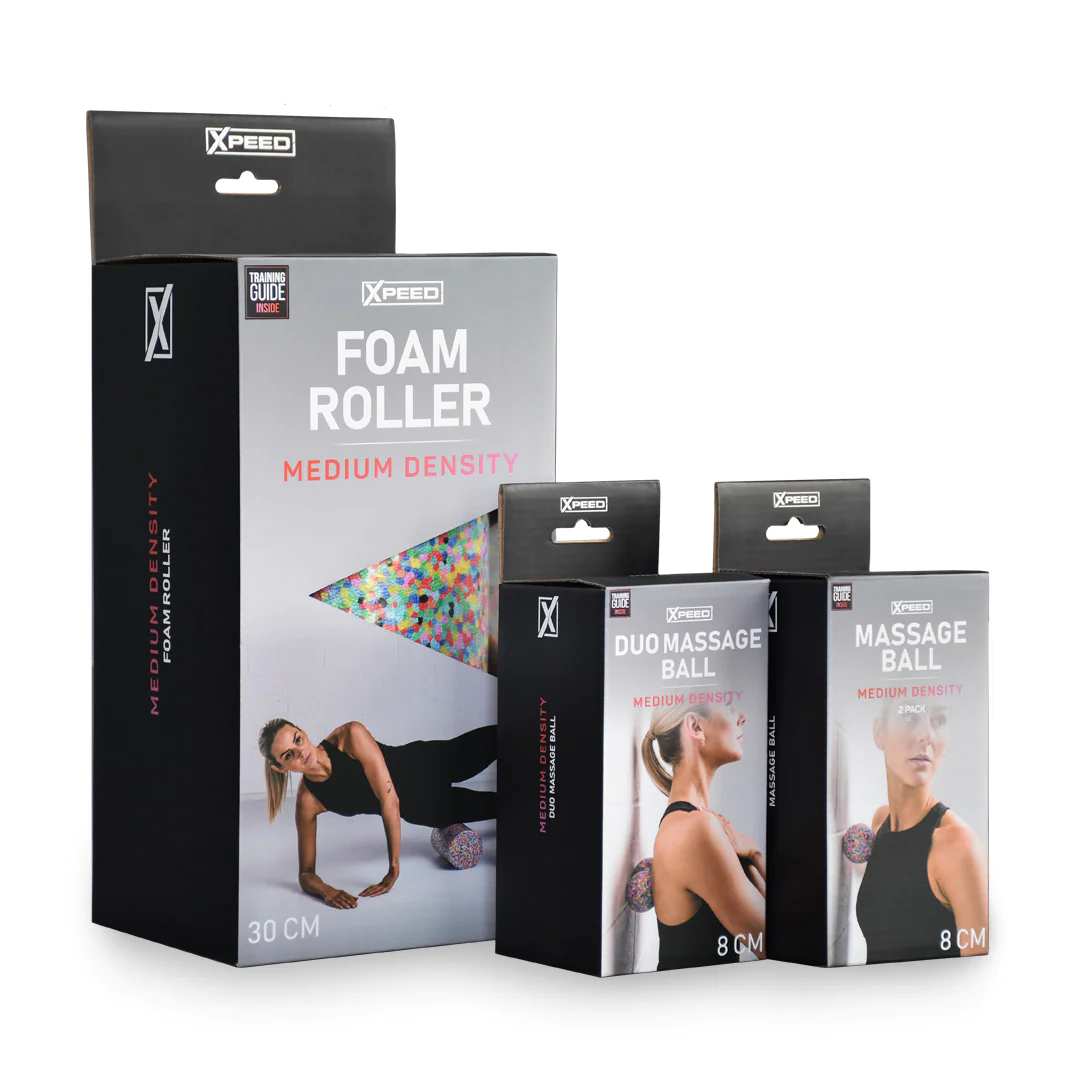
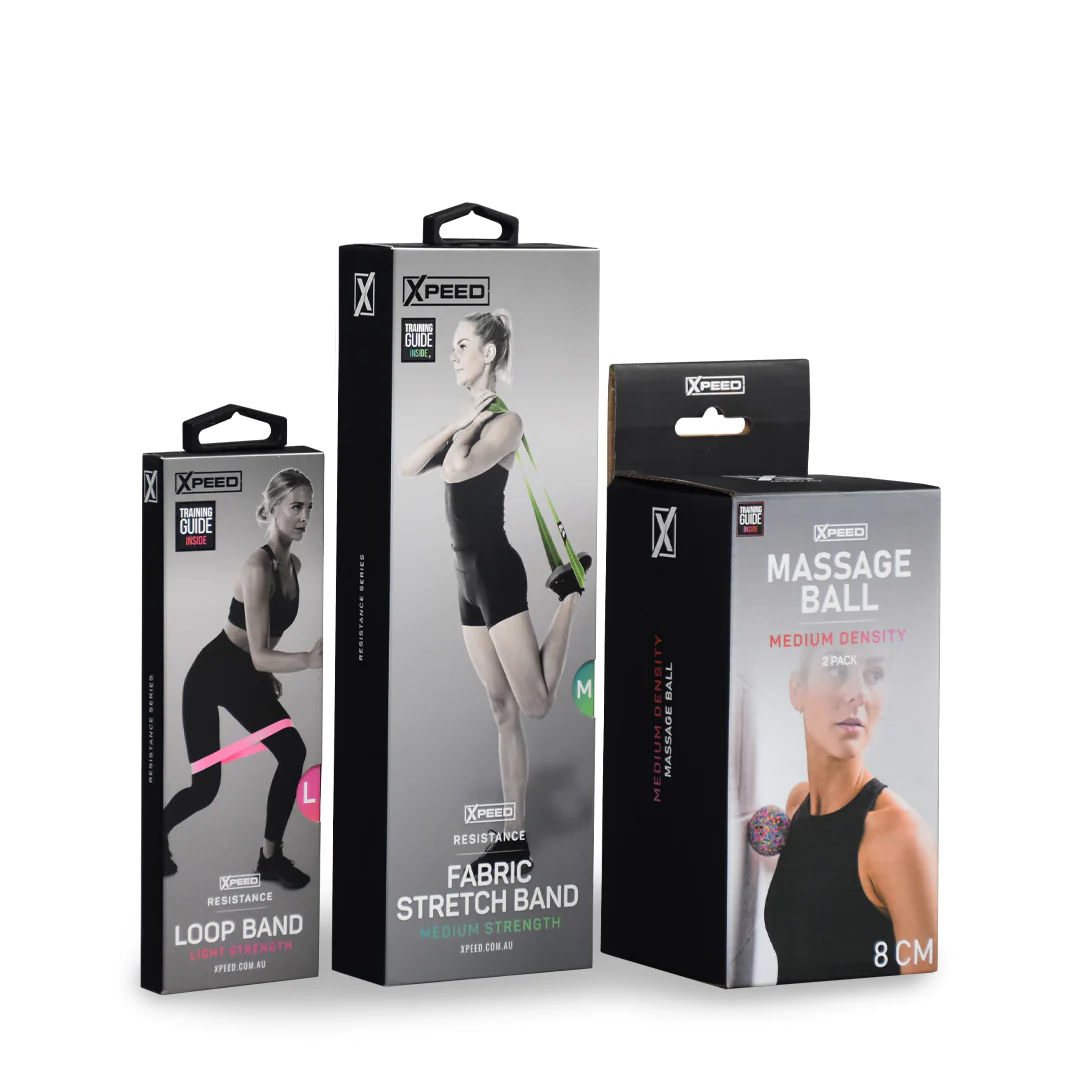


Great article and policy Max.
However, to plagiarize is to use someone else’s work WITHOUT ACKNOWLEDGEMENT.
You have done what scientists everywhere do, take another’s work, acknowledge it and expand on the findings. That is a world away from plagiarism.
Hi Nicola! Thank you for the positive and constructive pick up!
You are right, I didn’t use the right word.
Thanks for bringing this blog article back to my attention! I am very happy to reflect that we have absolutely NO snowflakes in our team! But rather a group of strong, supportive and resilient team members who have dealt with the difficulties of this year extremely well!